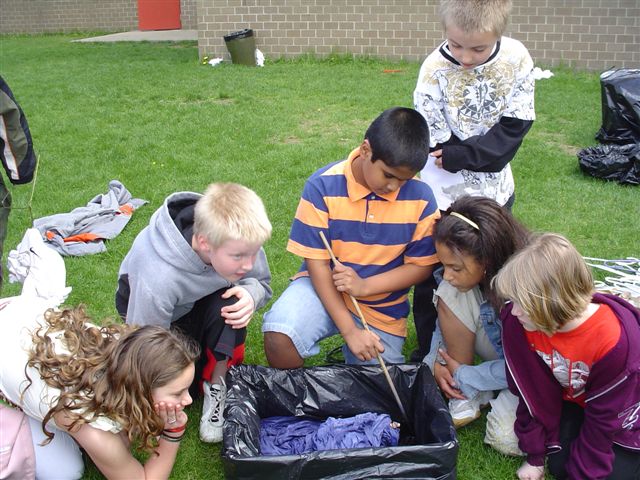Collaborative discussions at home are crucial. They lead children to a deeper understanding of various concepts. Also, it teaches children to ask good questions. Furthermore, children learn good listening skills. Such skills require eye contact, no interruptions, and respect for the person talking.
Collaborative discussions involve asking questions. However, the questions must be neutral. As discussions occur, questions must not attack. Additionally, proper wait time for a response to a question is necessary. Thus, the wait time gives a person time to think. All-in-all, children need to learn to converse. Therefore, frequent conversations with children of all ages, teens are important. Conversations about hot topics prevent children from dangerous situations.
Collaboration is important for families and educators. With collaborative discussions, children develop higher-level thinking skills. Thus, their confidence and self-esteem develop. Collaboration gives children a safety net for their views. Through collaboration, children learn a valuable life-long skill.
Collaborative Discussions Are Beneficial
Collaborative learning helps students to gain an understanding of diversity. They hear various opinions. Therefore, they learn about others. The benefits of collaborative learning are many.
1. Through collaboration, children increase their academic performance.
2. Knowledge through discussions embeds knowledge through listening and sharing thoughts.
3. Discussions help children learn their contributions are important. Thus, it gives them the confidence to learn from both adults and peers.
4. Also, children develop emotional maturity, are well-adjusted socially, have strong personalities, can cope with adversity, and develop independence.
5. Lastly, it develops into well-rounded adulthood.
Avoid the temptation to lead a discussion. Take time to listen to and respect a child’s opinion. Simply, collaboration is an essential key to a child’s achievement in school. Therefore, collaboration must begin at home. Consequently, it further develops in the classroom. Children have many ideas and viewpoints they’ve learned from their peers and social media. It’s important to engage children in discussions on topics that are important to a child’s development.




